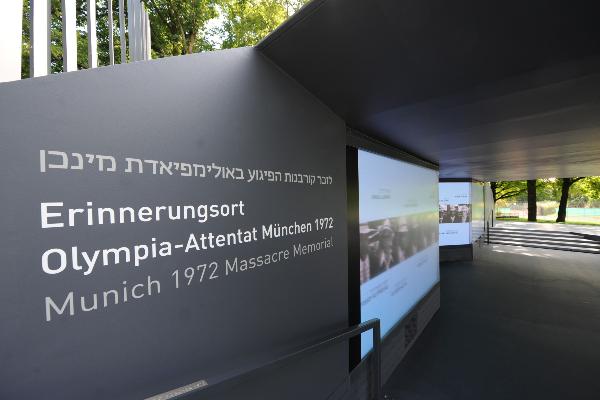Two Israeli athletes die when a Palestinian terror group infiltrates the Olympic Village in Munich on 5 September 1972. Hostages are taken and a disastrous attempt is made to free them, leaving a further 15 people dead: all nine Israeli hostages, a German police officer, and five terrorists. Although much ink has been spilled over the terror attack, “these reports often rehash the same facts,” summarizes Margit Szöllösi-Janze, former Chair of Contemporary History at LMU. Together with Michael Brenner, Chair of Jewish History and Culture at LMU, she has been appointed to a committee of researchers established by the German Federal Ministry of the Interior and Community to search for answers to open questions surrounding the terrorist attack. And there is no shortage of unanswered questions, says Szöllösi-Janze.
Terror wave in Munich began much earlier
She observes that developments before and after September 1972 in particular have been under-examined. For example, there was the attempt by Palestinian terrorists on 10 February 1970 to hijack an aircraft belonging to Israeli airline El Al at Munich-Riem Airport, resulting in the death of 32-year-old passenger Arie Katzenstein. Three days later, an arson attack on a Jewish retirement home killed seven residents. Michael Brenner agrees: “The terror wave in Munich began in 1970 at the latest. And this is something that needs to be investigated.”
The responsible authorities shelved the investigations into the deadly attack on the Jewish retirement home without having found the culprits. But Szöllösi-Janze and Brenner are convinced that researching the entire pre-history is indispensable for understanding the 1972 Summer Olympics massacre. They also agree that our understanding of the terrorist attack itself in September 1972 and of subsequent events is fragmentary. Many documents in the possession of intelligence agencies and others are still classified today. Szöllösi-Janze is particularly dissatisfied with the information policies of government agencies in Germany: “They’ve stonewalled inquiries, simple and plain.” One reason for this, in her view, is the longstanding reluctance to admit to the mistakes made by the German security agencies at the start of the 1970s.
Michael Brenner is confident, however, that material will now be released that has been kept under lock and key for over half a century: “I expect the Ministry of the Interior will do its best to ensure we can look at the most important sources at least – such as Federal Intelligence Service files.” On establishing the historical commission, Interior Minister Nancy Faeser (SPD) explained that it is “shameful that agonizing questions have remained unanswered for so long.”
A painful episode in the history of Israel
Coming to terms with the terrorist attacks of around 50 years ago by means of historical research is important not only for German society, says Brenner: “In Israel, the expectations are high.” The 1972 Summer Olympics is “a painful episode in the history of Israel, which looms large in the consciousness of the people.” As such, he hopes that Israeli authorities will grant the historical commission access to information that has been classified before now – such as files kept by the intelligence agency Mossad.
For three years, the eight-person commission is to compile new findings in cooperation with the Leibniz Institute for Contemporary History in Munich and Berlin. The German Federal Ministry of the Interior and Community is providing 2.85 million euros in funding to cover personnel and travel expenses. In addition to written documentation of the research results, there will also be several conferences. Margit Szöllösi-Janze and Michael Brenner share the hope that the endeavor will open up a new perspective on this terror period in the 1970s – in expert circles and well beyond – and that the research will have ripple effects

